Leaders SpeakSmart insights on innovation from around the world
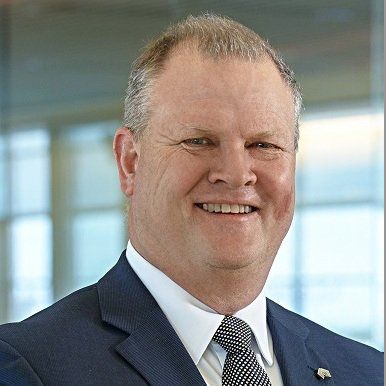
"The automotive and energy industries are going through a once in several generations transition: from polluting internal combustion engines to low emission vehicles capable of being powered by 100% renewable electricity. The challenge for us all is this: how do we make the next generation of entrepreneurs recognise the same thing? How do we make “energy” more exciting than ‘food delivery startup’? By first providing evidence that we, as a country, believe it."
Mark Young
Managing Director at Adelaide Airport Limited

"The great technological revolution in recent years has seen the advancement of artificial intelligence and machine learning for the benefit of a whole range of industries, including hospitality. The digitalisation of food delivery, for example, was a huge step forward – but it’s only the beginning. Inspired by the 2019 ”Future of food, How technology and global trends are transforming the food industry” report by Deloitte APAC, I saw an opportunity for an entirely new model to address the contemporary consumer’s needs. Realising it is too easy to be one of many with a slight point of difference, I embarked on a business venture where the intersection of cultural, environmental, digital and safety principles would effect a meaningful disruption to the dining experience."
Shawn Yi
Co-founder and CEO of Foodifox
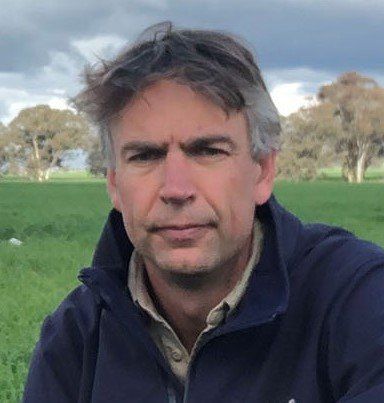
“The recent explosion of AI is driving significant changes in the way agriculture can benefit from digital technology. Increasing amounts and better quality of data, rapid advances in algorithms and more powerful computing hardware are enabling researchers and entrepreneurs to rapidly develop solutions that can be applied throughout the supply chain. The challenge is to design robust solutions with the end-users in mind, that can be integrated with existing workflows and can be adapted to work across industries and geographies.”
Frank D’Emden,
President of Society of Precision Agriculture Australia
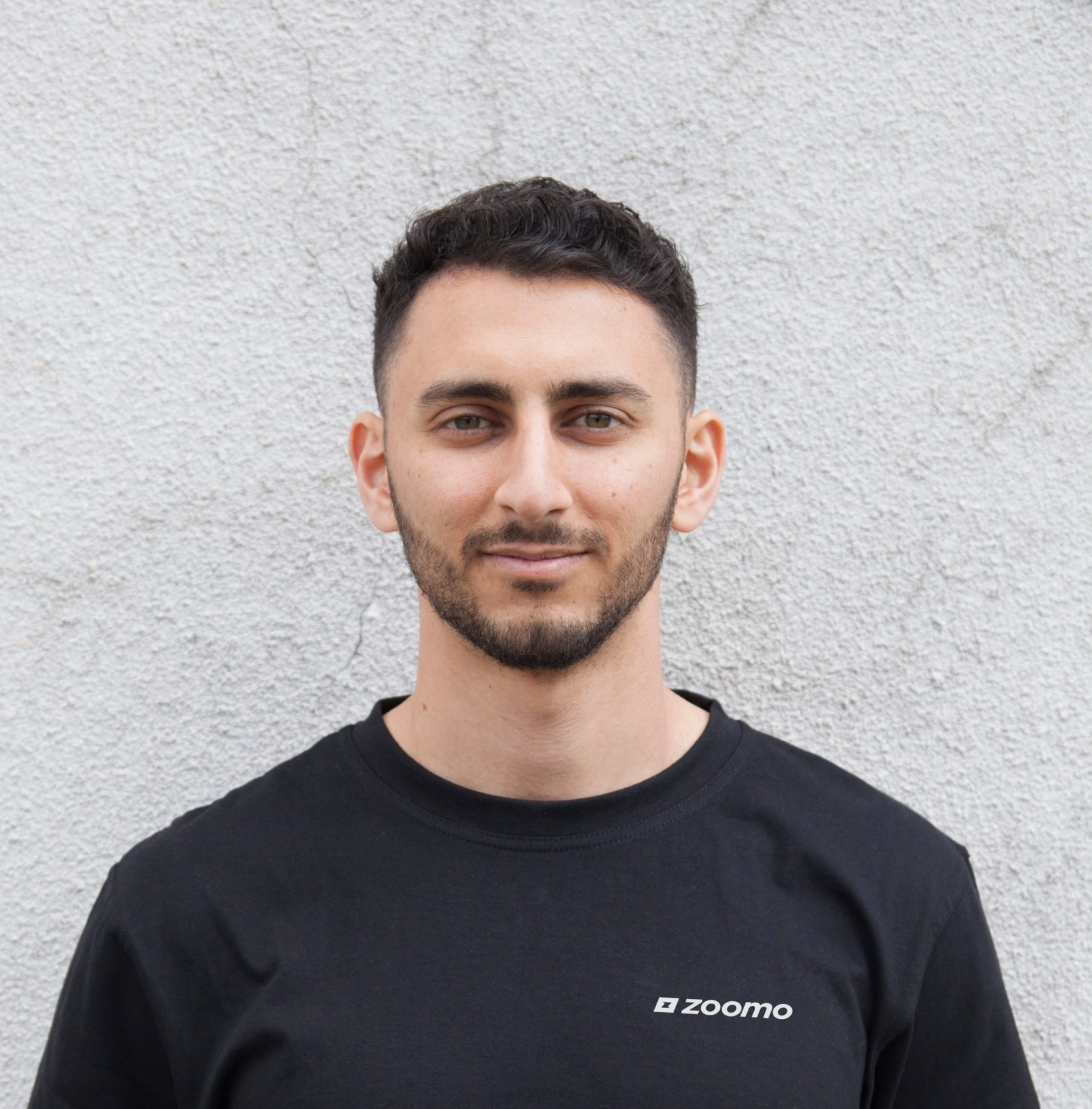
“II feel fortunate to be living in Australia, a country with huge potential and so much to offer the aspiring innovation practitioner and entrepreneur. We need to start planning for 10 to 20 years into the future. When it comes to creating tomorrow’s innovators and entrepreneurs, we need to start the journey today. Many Australians still tend to be conservative, especially when it comes to taking measured risks. Teachers and parents are ideally placed to counsel adolescents on the principles and realities of thinking big, trying something new and bold, as well as being comfortable with the emotions of uncertainty and failure.”
Mina Nada
CEO and Co-Founder of Zoomo E-Bikes operating in the US, UK, Europe and Australia

“Australia needs to intensify knowledge exchange and translation between universities and industry. Innovation in Australia requires connection with international partners including China and other Indo-Pacific countries that bring scale, broader market opportunities and a variety of partners that can help researchers turn ideas into practice and transform societies worldwide.
By collaborating with Chinese industry partners, UNSW-invented high-efficiency photovoltaic solar cells did not merely deliver a world record in our University laboratories but have been widely used globally, resulting in energy savings and reduced greenhouse gas emissions every day.
This same collaborative spirit has resulted in decentralised solar-powered desalination systems, being trialled in China, that can provide safe drinking water to communities in remote regions of central Australia and other parts of the world.
Dr. Yuan Wang
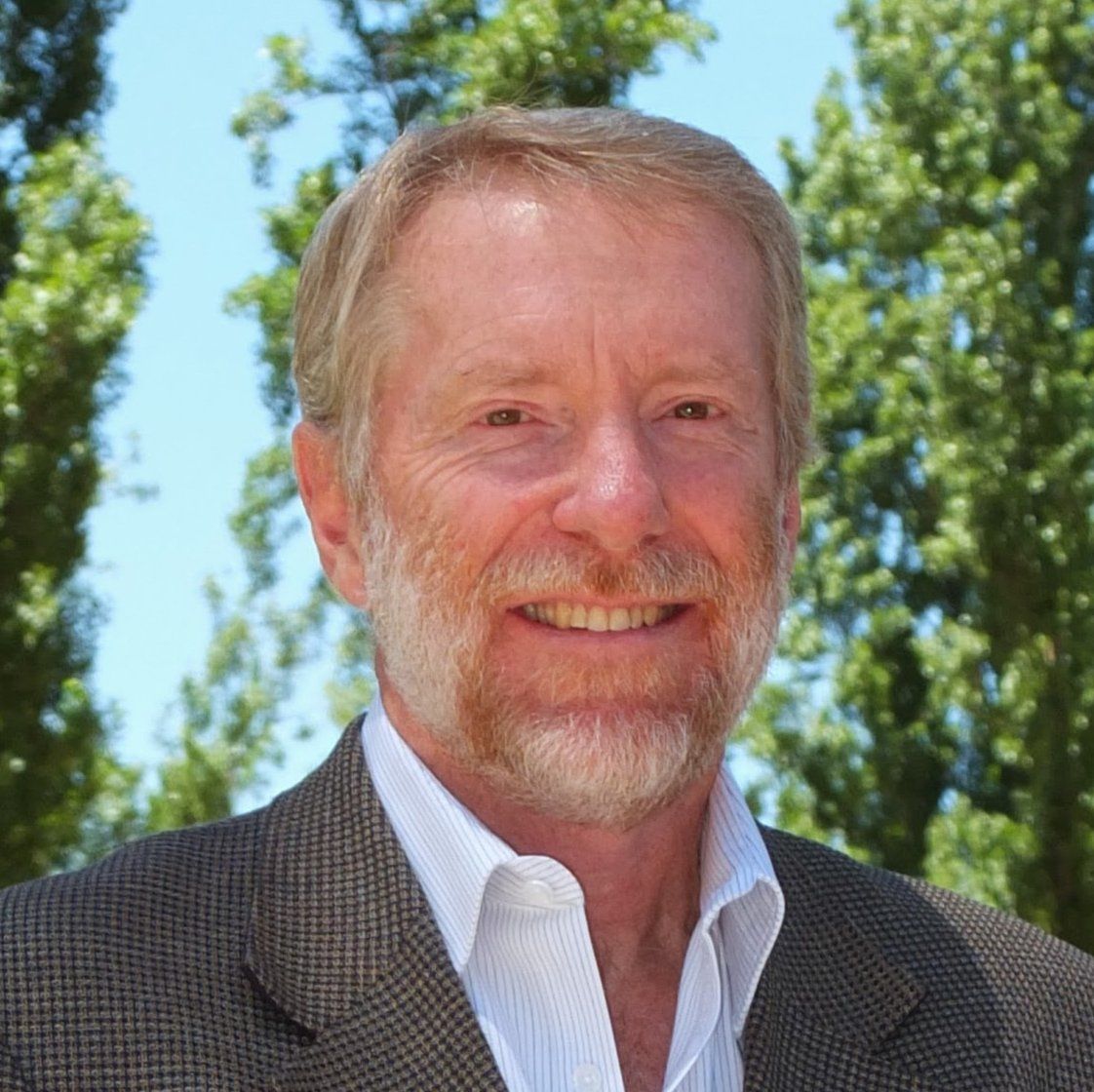
“Australia is an energy export powerhouse, and domestically we are transitioning to renewable energy at the world’s fastest rate. Our world-best wind and solar resources present an opportunity to future proof Australia’s exports by becoming a renewable energy export powerhouse – either for electricity via undersea cables, or by creating clean hydrogen from water as an export fuel.
We can create carbon-free exports such as green steel by exploiting the co-location of our world-best renewable resources with the world’s largest iron ore deposits."
Professor Ken Baldwin
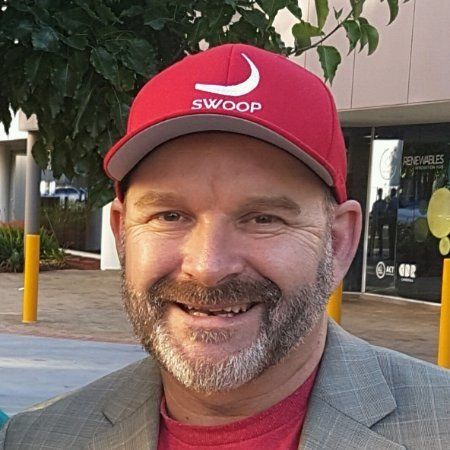
“Few people do science the way we have. We started with a business outcome in mind, then leveraged existing science in a disciplined manner on low budgets. The result after six years is that we have a general platform applicable to all industries which produce C02 and waste. From here we can create usable, useful and saleable materials.
The governing philosophy which drove this was different than that of science research in general: industrial companies would not actively reduce C02 emissions without an economic incentive.
What we are doing has nothing to do with the renewable energy pathway, which is a great development, progressing through consumer and public demand, and positive. Our approach addresses industry, the major CO2 producers with an entirely new way of dealing with CO2 and waste from a sound economic, process, and material creation basis. This is a solution which is scalable globally.”
Marcus Dawe

“To achieve its maximum economic potential, Australia needs to define what its innovation culture is. Traditional top-down management structures in our large corporate institutions are now incongruent with the basic tenet of innovation, especially when we have a young generation of entrepreneurs who are our country's best and brightest innovators.
There are five chief innovation enablers in the broad economy – private industry, academia, R&D, government and finance. While they are each powerful, putting them together as an integrated and harmonious whole will drive exponential growth for Australia's innovative outcomes. Although in Australia we have surely progressed, we need to encourage more cross-disciplinary collaboration, where everyone benefits, to properly harness our innovation potential.
If the human race, and Earth are going to achieve long term sustainability through mining the moon and exploring space resources, we must establish an education system that not only nurtures skills and experience in STEM disciplines but also encourages creativity and imagination."
Jeff Lang

“At I-Move CRC we’re tackling a $106bn per annum inefficiency in Australia. That’s the cumulative cost of time delays in freight shipments, people traffic, logistics lags – as a result of not optimizing current connectivity capability.
We’re supplying the missing piece – real time data on traffic flow so that a seamless, coherent system can be made operational, benefitting the entirety of movement within Australia."
Ian Christensen
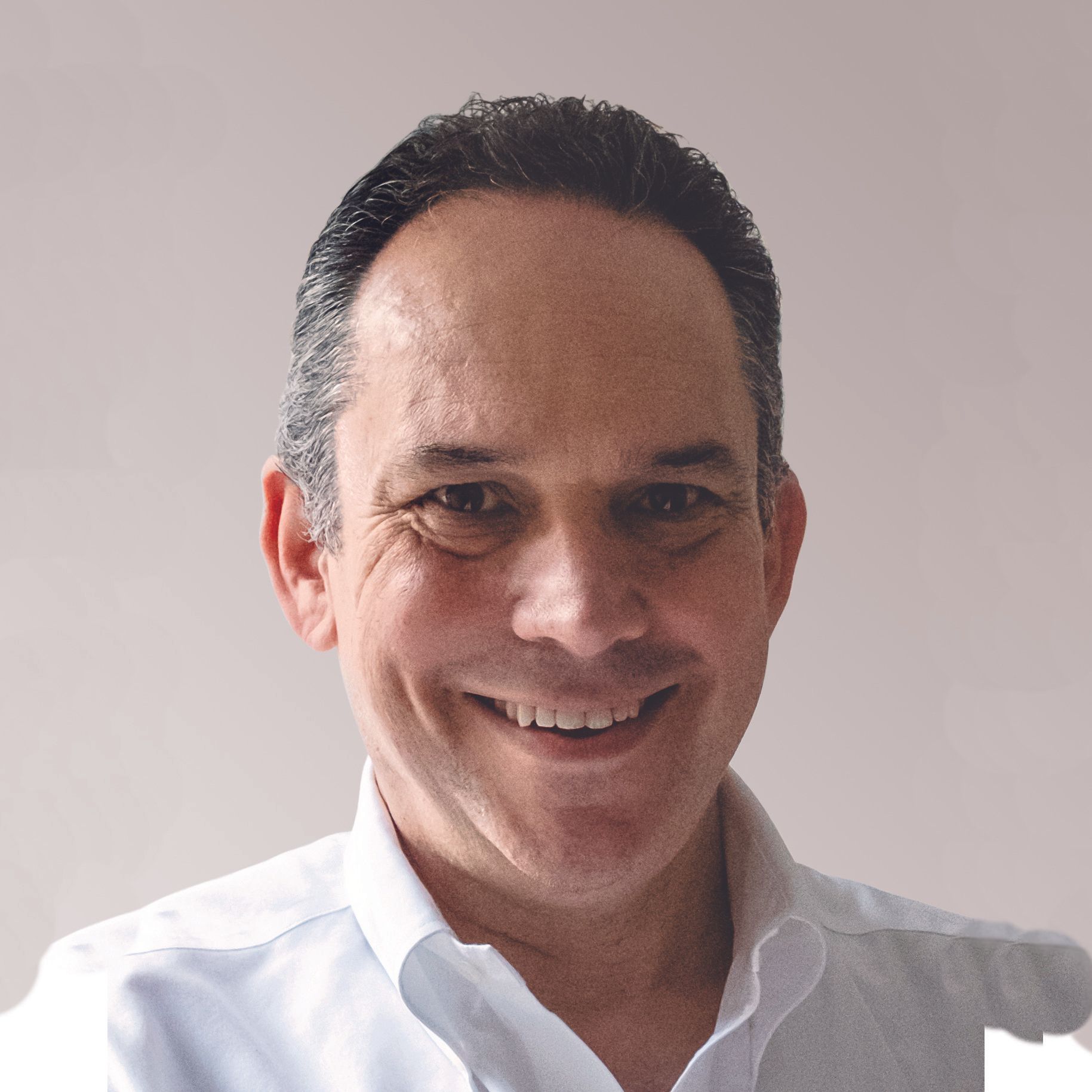
"The speed of change today demands absolute alertness. That is a driver of innovation, and something I’ve learned over 40 years of business. Leadership principles within a company create the right framework for creativity and collaboration—and part of that is precise recruitment. Being aware and ahead of disruptive change is crucial.
That ensures that we are relevant to them both now and into the future, with products, service and training that they can trust. Underlining this is strong customer satisfaction and loyalty.
David Kaplan

Russell Palmer
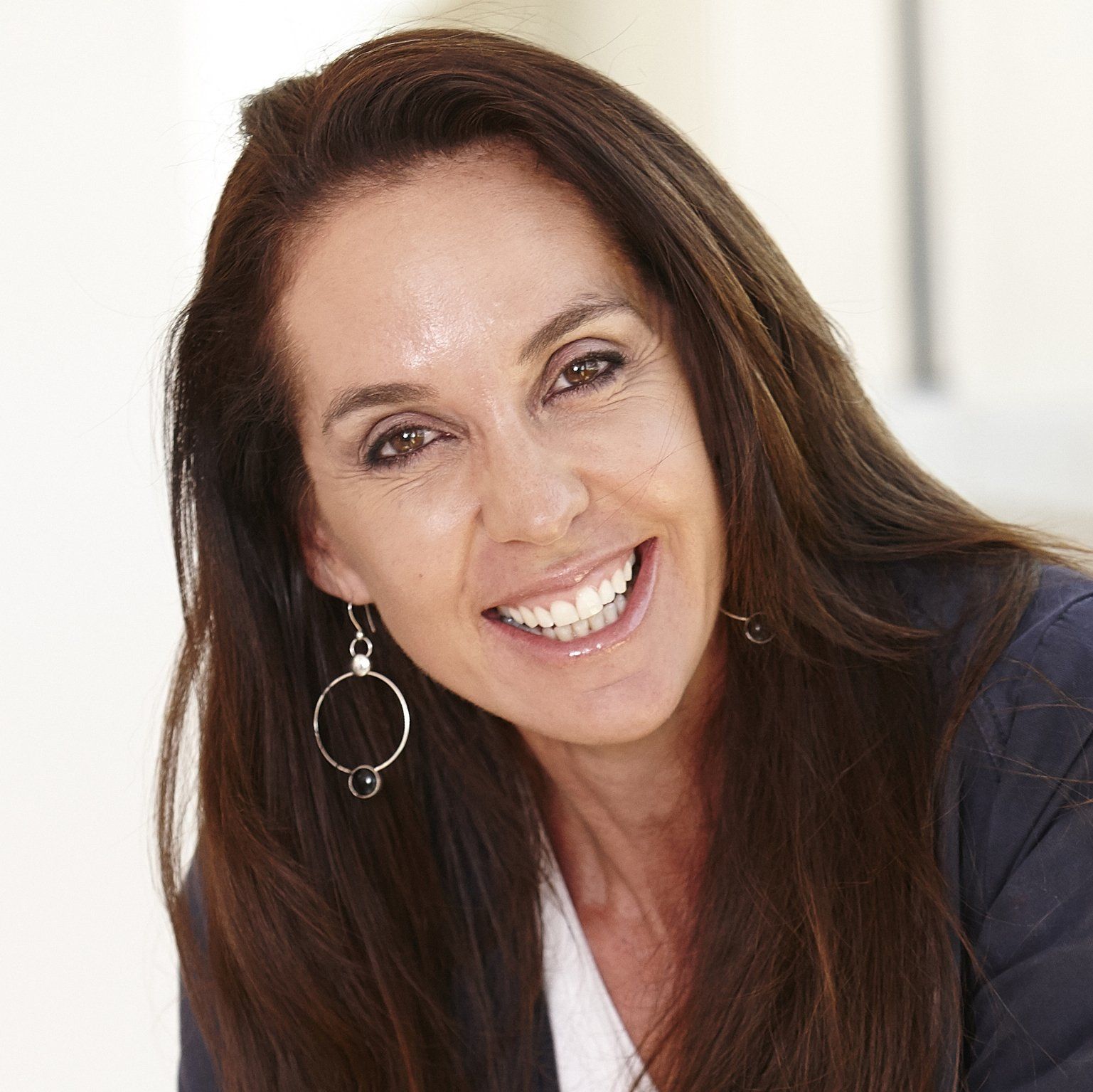
Janine Allis
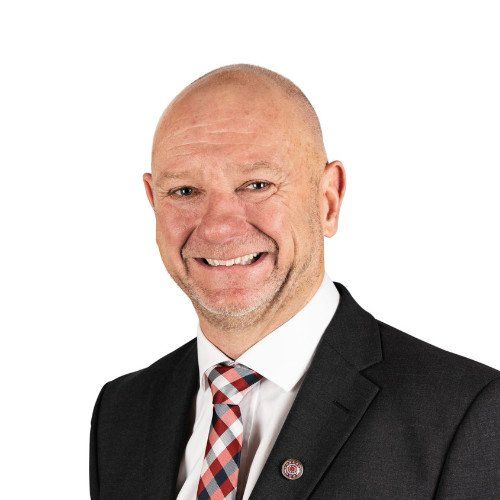
Harry Hardy

"We provide a technology platform, integrating our unique science with AI, that enables both staff and senior management to become more agile and growth-oriented in their thinking, consider options more swiftly, and to take advantage of technology and disruption.
Gooroo is driven to assist senior management understand their people, their customers and the tasks they perform on a new level of engaged intimacy – to help leaders analyse their organisations anew. We address – and this is what excites us most – one of the most complex phenomena in the universe – the human brain."
Greg Muller
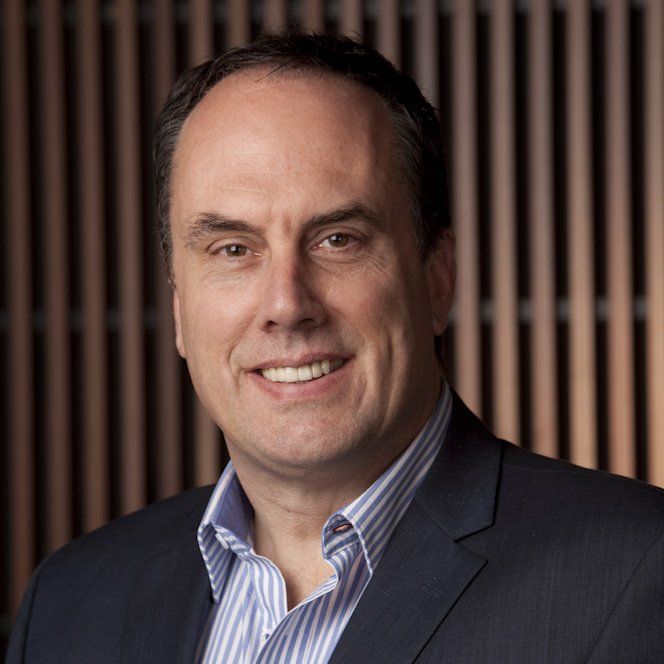
“If you have been successful as a disruptor through new methods, it makes you more acutely aware of disruptive forces which may be threats down the line. This breeds a healthy attitude of paranoia, forcing you to think.
The disruptions we anticipate will arise because we are a global automotive industry force. We look constantly at the inevitable impacts of EVs, automated vehicles, and changes in our core industry, five and ten years ahead. The philosophy is to know who you are and how your industry works philosophy.”
Cameron McIntyre
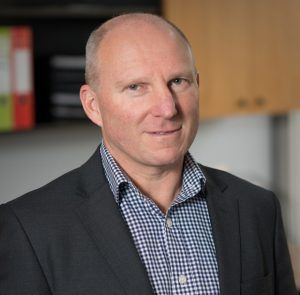
“Private companies will develop the technology to make recycling profitable, but there needs to be a reason or incentive. That may be funding, grants, or R&D tax incentives to make it economically viable.
“R&D incentives have steadily decreased in Australia, and that is affecting organisations, there are not enough incentives for us to put on more scientists.
“Recycling used to be someone else’s problem, it is now our problem. When it comes to building a circular economy in Australia, there are great lessons you can take from overseas.
“We are behind but can take a giant leap in front, and we have a moral obligation to our future generations to move towards sustainability.”
Marc Lichtenstein
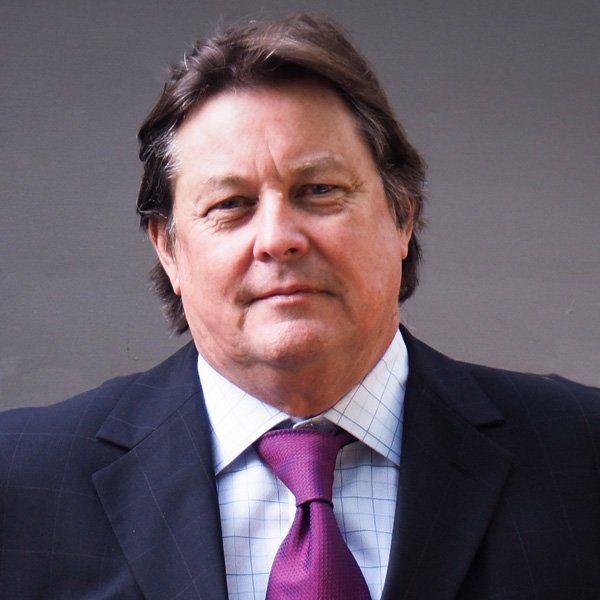
Kevin Worrell
Project Director, DuluxGroup.
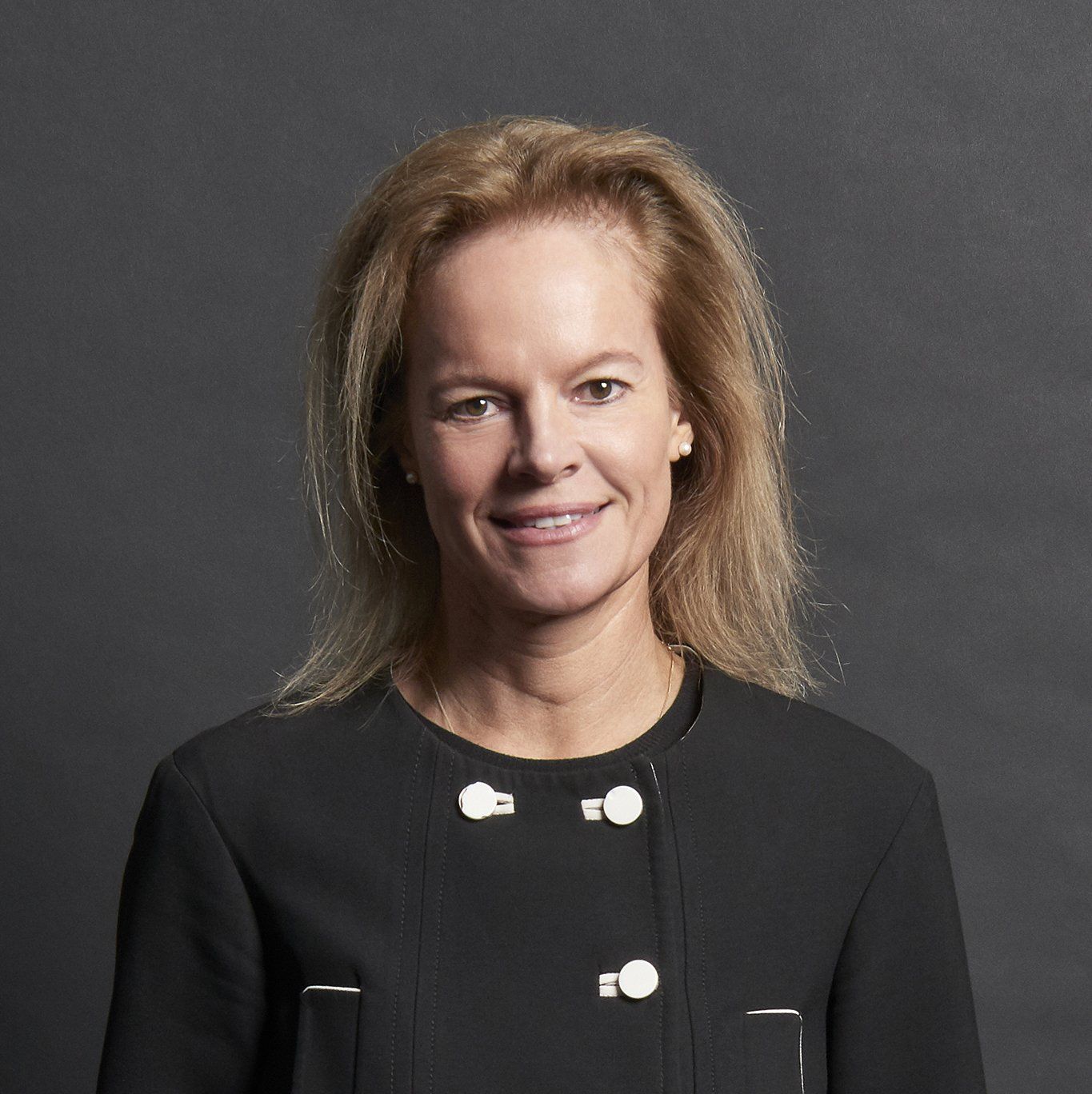
“Hard work, extra hours and pushing boundaries are all important for building a high performance company in Australia, but can only do so much to ensure commercial success year after year. To safeguard the company’s ongoing survival, one needs to plan for its long term future. A commitment to blue sky R&D and the continual generation of novel products over a 5-10 year life cycle is the key piece of the corporate sustainability puzzle. Investing in R&D in Australia, however, can be challenging, especially given government grant allocations are often based on company size or even luck."
Samantha Cheetham
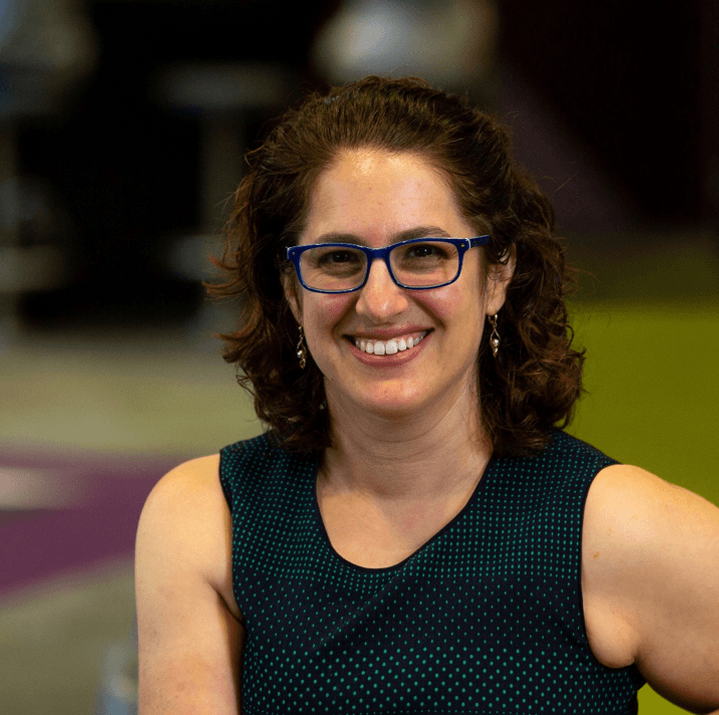
Professor Lyria Bennett Moses

Daniel Tartak
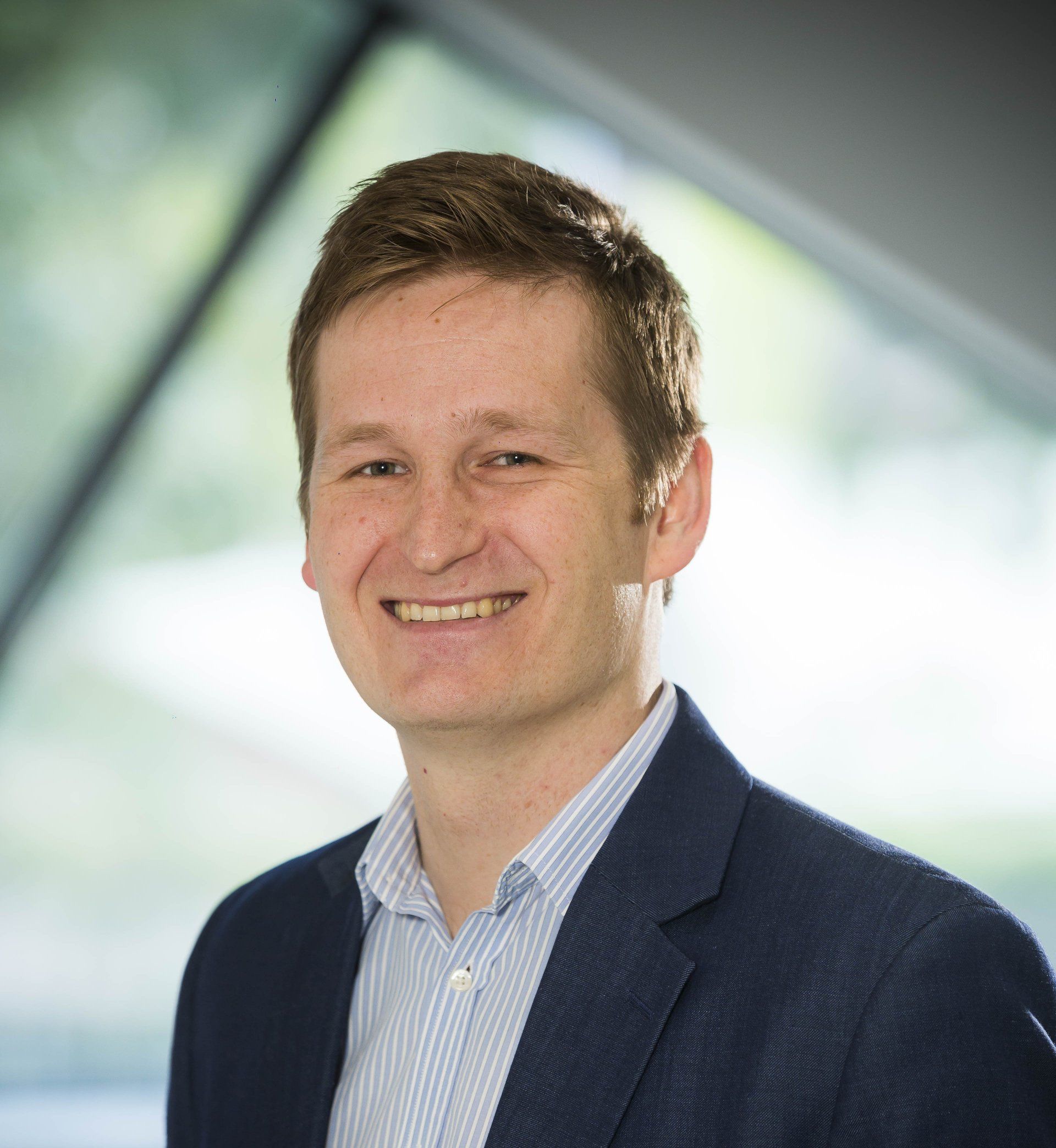
Professor Jacek Jasieniak
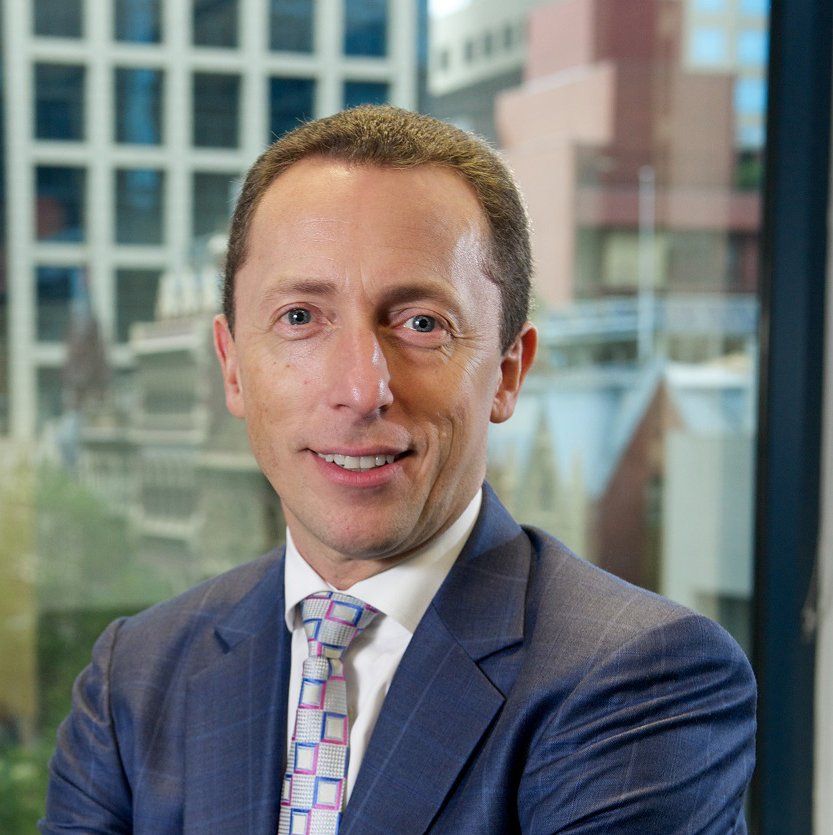
John Nerurker

“The Murray Darling situation stems from a lack of a national strategy that incorporates the competing priorities, which are all highly interdependent. This undermines the uptake of novel solutions, including smart meters for real-time data gathering. Innovative management practices such as systems thinking can address the complexity of the problem, incorporating mixed opinions."
Rob Kerin
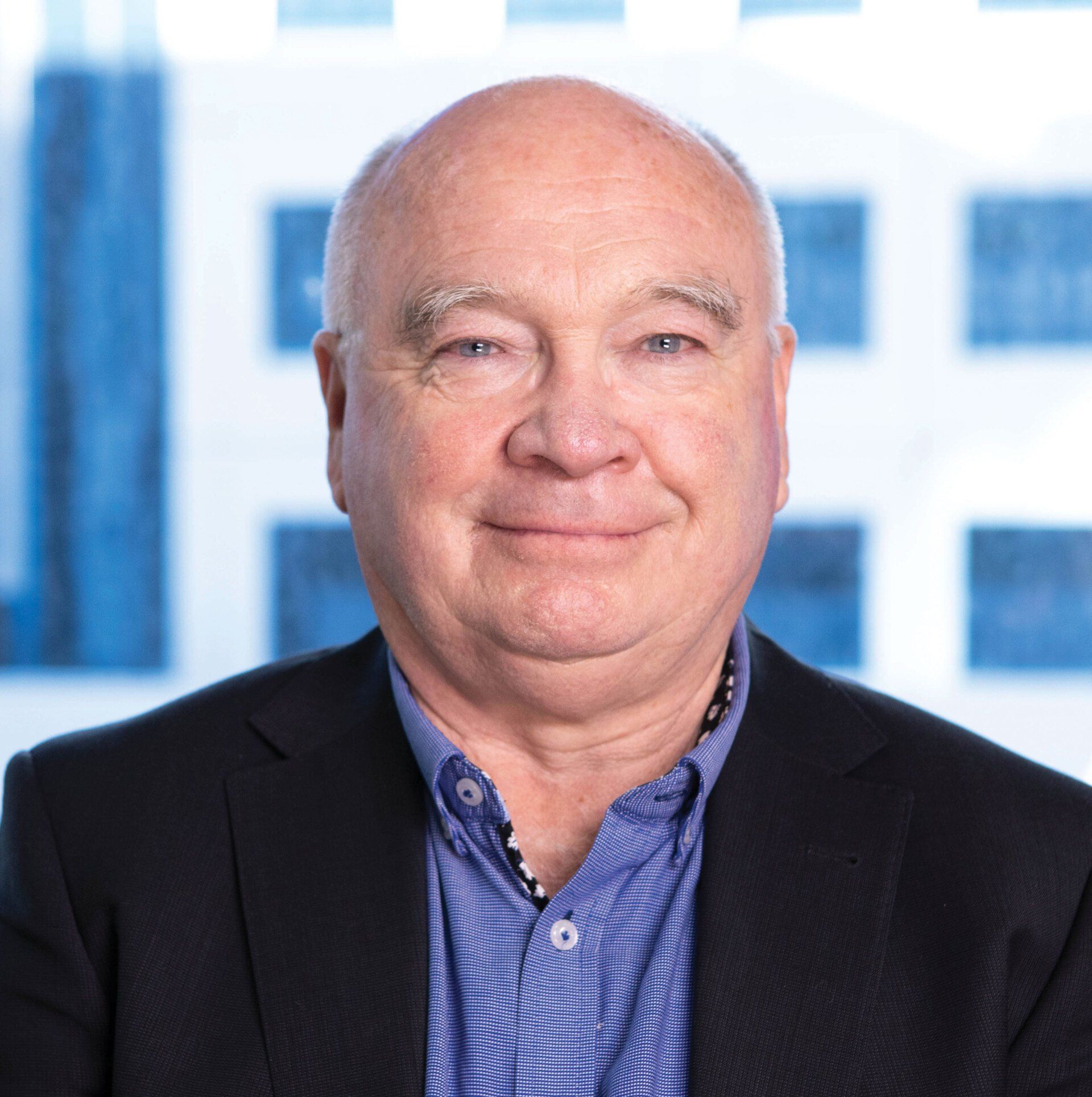
“With small businesses, economists tend to see them as economic units. They’re not, they’re individuals with ideas. When you look at innovation in small business, it is driven by expertise, ideas, and a desire to do things better. Governments need to engage with small businesses as individuals to be able to locate, support, and grow innovative companies at the local level.”
Peter Strong
CEO, COSBOA
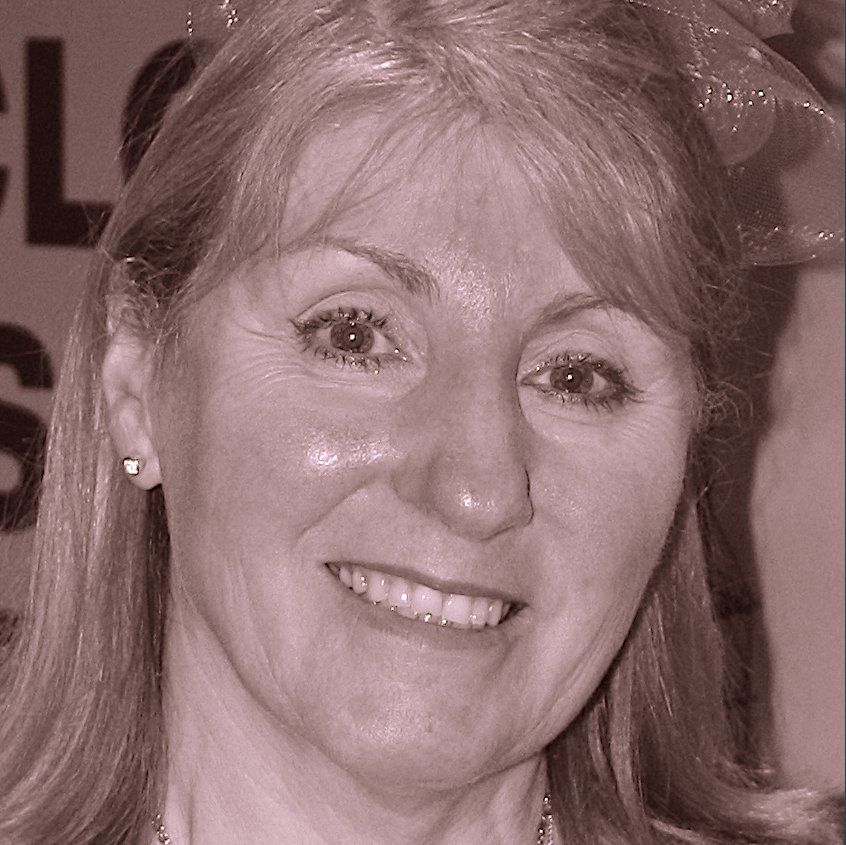
“Our industry has been labelled a “lagger” or slow adopter when it comes to technology yet we have some very innovative developments happening now such as autonomous vehicles, road to air vehicles and Uber Air taxi services. Our Governments are focussing on congestion and infrastructure whilst our developments are going to the air. Would we not be best focusing on the “George Jetson” theory? We are looking at our soon to be air taxi traffic and drone environments and how this will impact on the domestic and international air space.
“CILT Australia encourages its members to continue their development throughout their career in order to continually remain relevant to the industry. Let’s continue to look beyond the windscreen and not in the revision mirror when it comes to innovation, technology, development and change.”
Karyn Welsh
“Move over fossil fuels! The future of transport is electric. Cars, motorbikes, bicycles and scooters have already made the switch, and next are trucks, trains, ships and planes. Car manufacturers are rebranding into technology and software companies and consumers benefit from better product experiences. Electric vehicles are key to more liveable cities in a future low-carbon world with exciting developments in connected autonomous vehicles and wireless charging. The next decade excites me when it comes to innovation in transportation and energy."
Carola Jonas
CEO, Everty
Board Member, Electric Vehicle Council

“As a 33-year-old now leading an Australian solar company that has turned over more than $130M within the first 6.5 years of operation, some might be surprised that I was not a particularly high performer at university and my under-grad qualification was not in science and technology disciplines. But solar energy was a skill and passion I was able to develop thanks to hard work, discovering new talents, understanding my strengths and weaknesses and surrounding myself with experts."
Jack Hooper
and Board Member of Clean Energy Council
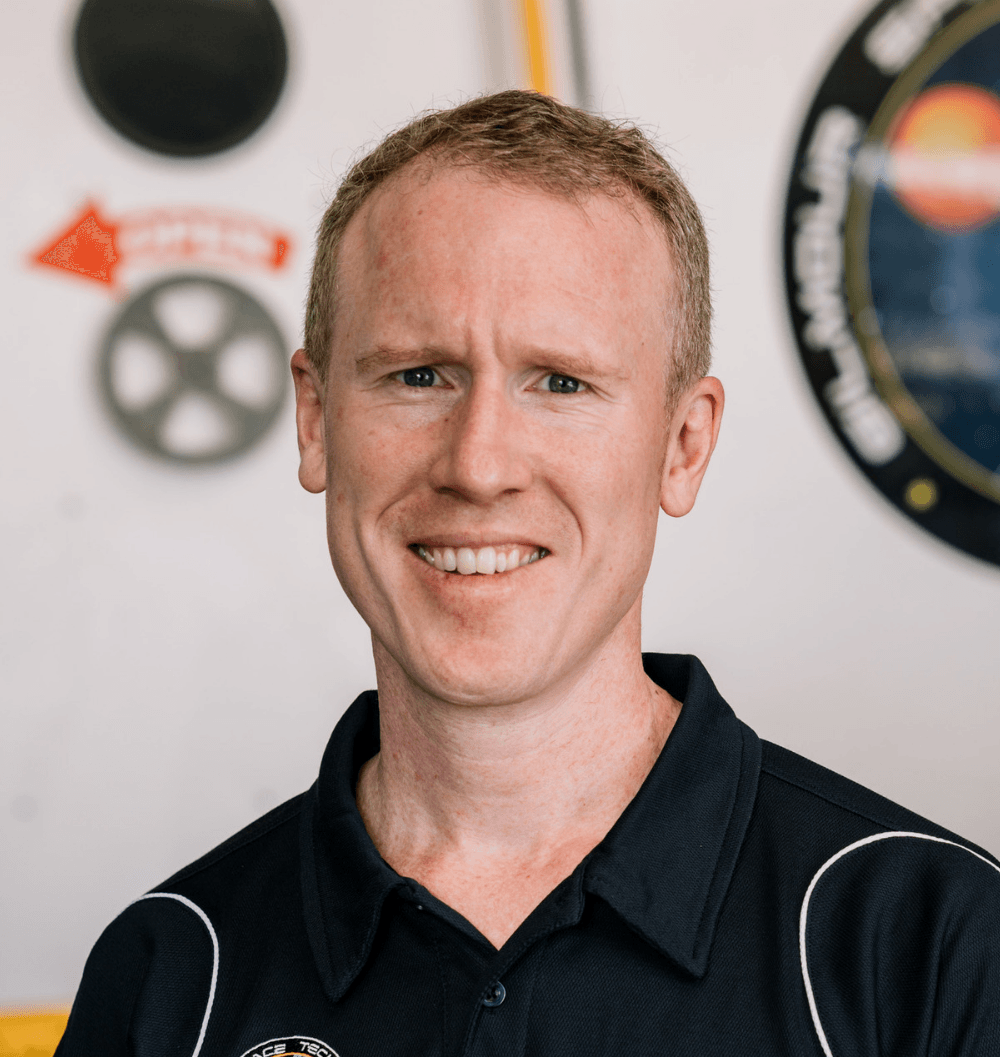
“As a new space entrepreneur, I’m often told that Australia should only focus on the things we’re good at. ‘Leveraging on our strengths’ may sound rational for minimising conflict and political risk, but it also limits our ability to see and adapt to important and significant changes that may lie ahead.
I believe Australia needs to find a better balance between the old ways and the new. If growth is the ultimate goal, then perhaps our governments should take heed of our growth-oriented venture capital investors who have proven track records in identifying Australia’s future billion-dollar Unicorns."
Adam Gilmour
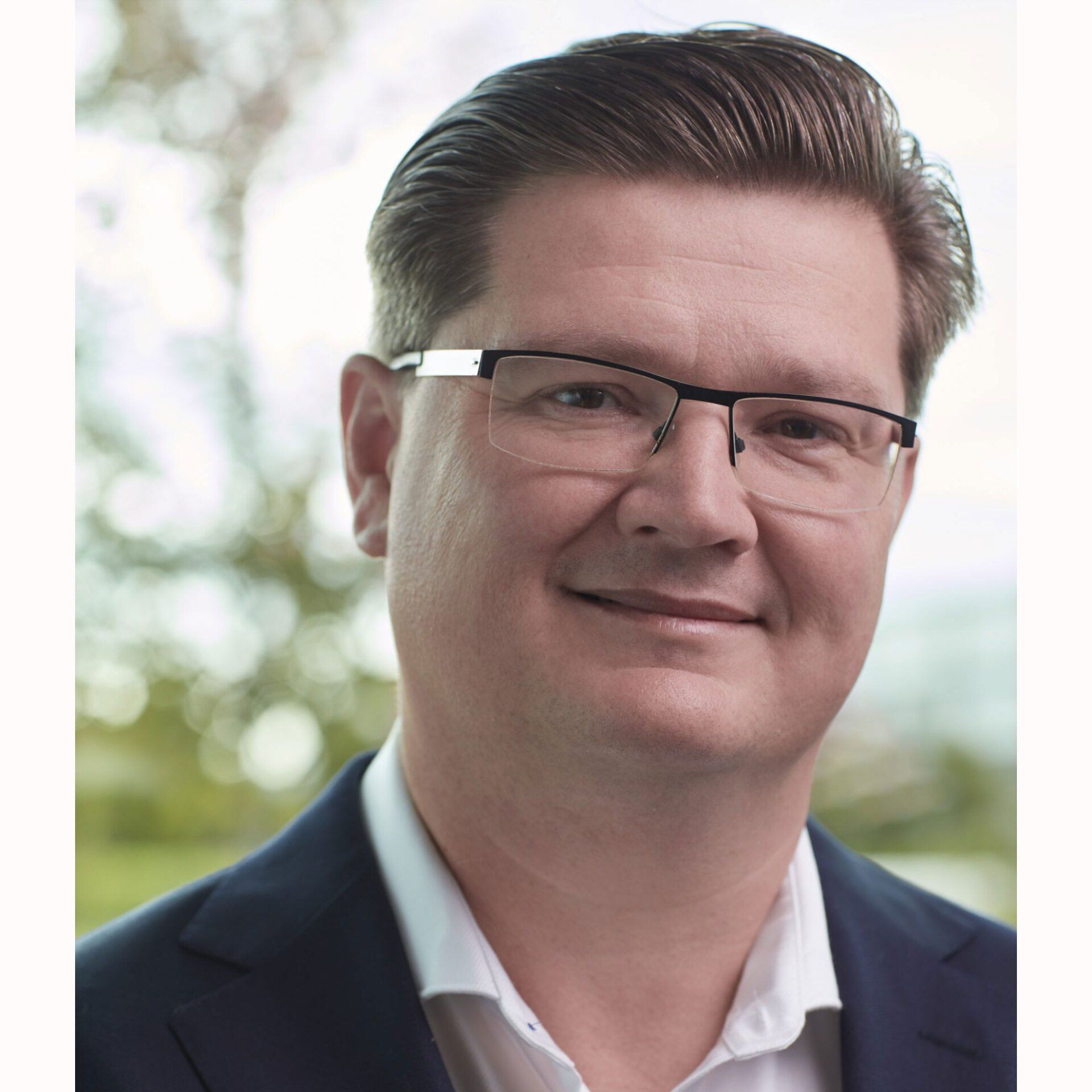
“Disruptions to global supply chains have exposed Australia’s reliance on international packaging and machinery components, and in doing so, have focused attention back to domestic production and reinforced the need to innovate and adapt in a post-COVID environment. As a nation, we will need to balance the future risk of import reliance and domestic production; market forces will influence that ratio."
Mark Dingley
Chairman, APPMA
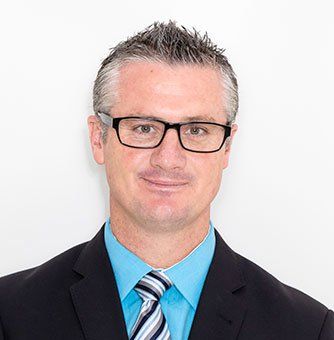
“Thanks to a burst of development of Wollongong's economic and social infrastructure over the last 5-10 years, as well as above average cooperation across the wider business community, the city's interest in and appetite for innovation is now accelerating. For me personally, after spending my early life in Australia’s tenth largest city, it was an easy decision to return to settle in Wollongong and propel my career as a leader in the city's state of the art health care system. With an enhanced image that is attracting world class talent and industry investment more and more, and a local lifestyle without peer, Wollongong's thriving innovation ecosystem is uniquely positioned to advance significantly in the coming decade."
David Crowe
CEO, of Wollongong Private Hospital (Ramsay Healthcare).
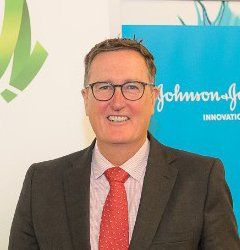
Paul Brennan
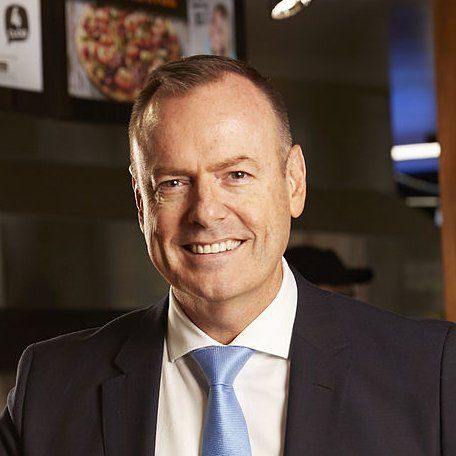
“Domino’s may not stand out as an example of a highly innovative company. Yet since 2005 we have engaged in over 100 individual projects which utilize technology and place a premium on creative customer driven thinking.
Here’s how we work: project by project – in any given year we do about 10-15. See an opportunity, set up an organized project.
A unique team is assembled to move each of these forward. This includes internal staff and outside collaborators as needed. It is more about tackling an individual problem, opportunity or goal.
But the track record is strong: over 70% of the projects are put in place as a functional system within the company. And they evolve as needed. Business is about evolution."
Don Meij

Dr Peter Stahle,

Dr Lara Moroko
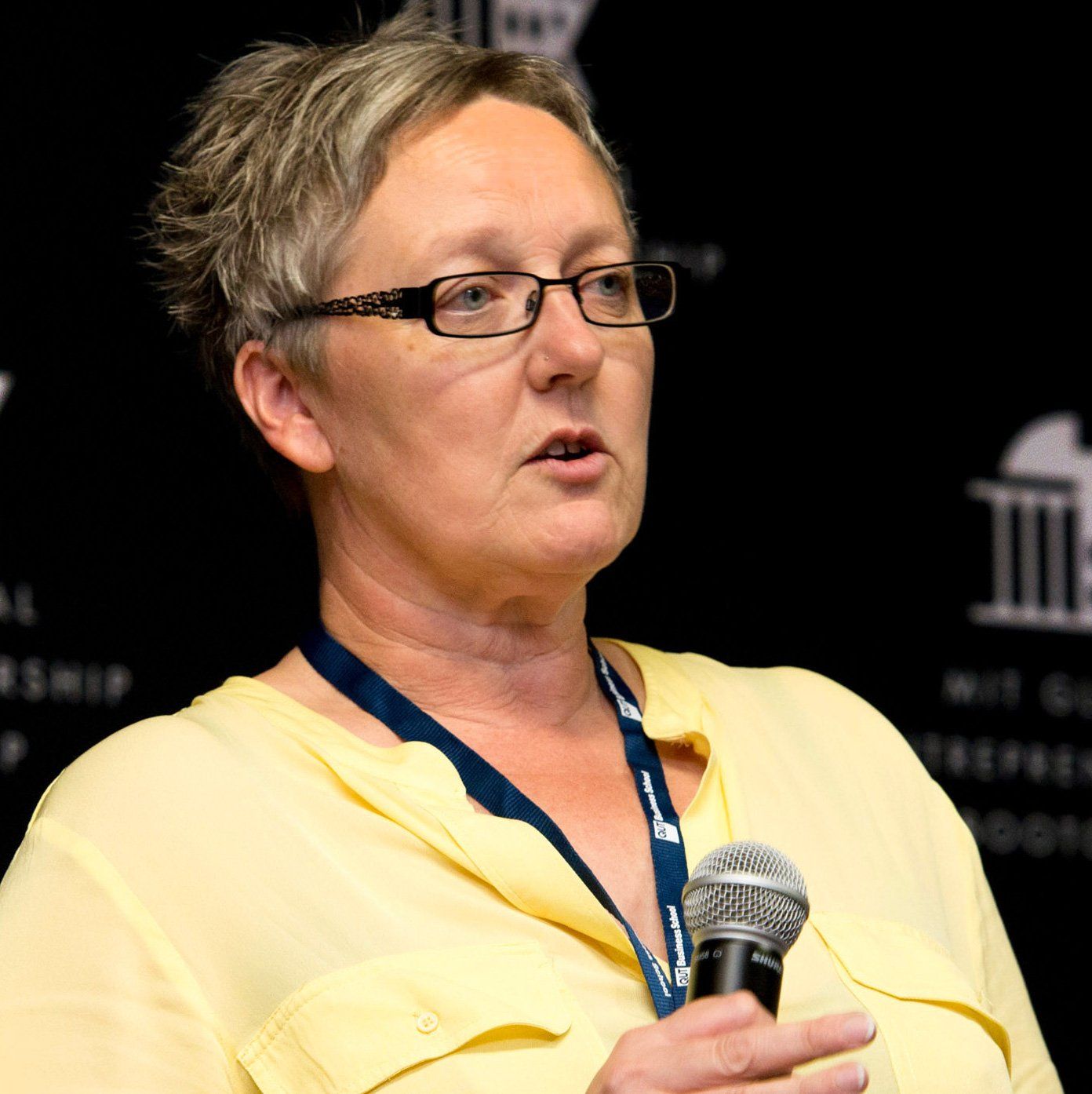
“Everyone has a role to play in an innovation-driven entrepreneurial ecosystem. Entrepreneurship occurs in an environment where there is capital to fuel the ecosystem, either debt or equity.
This is one where a supportive government sets the rules and, like corporates, purchase products and services from start-ups. Innovative research developed in our universities is commercialised and entrepreneurial graduates create the jobs, organisations and industries of the future.
“The transformation and change that drives entrepreneurial outcomes happens when these organisations and institutions pull together and get on the same page to have a collective understanding rather than an individual understanding.
We do this by starting with high-quality data metrics – intellectual property data, export data, patents, numbers of scientists and engineers, jobs data, business data, human capital amongst much more to establish a baseline for understanding a region’s entrepreneurial and innovation capacity, as well as the region’s strengths and weaknesses.
We then attempt to improve from there by fostering collaboration that builds on each region’s uniqueness.”
Professor Rowena Barrett
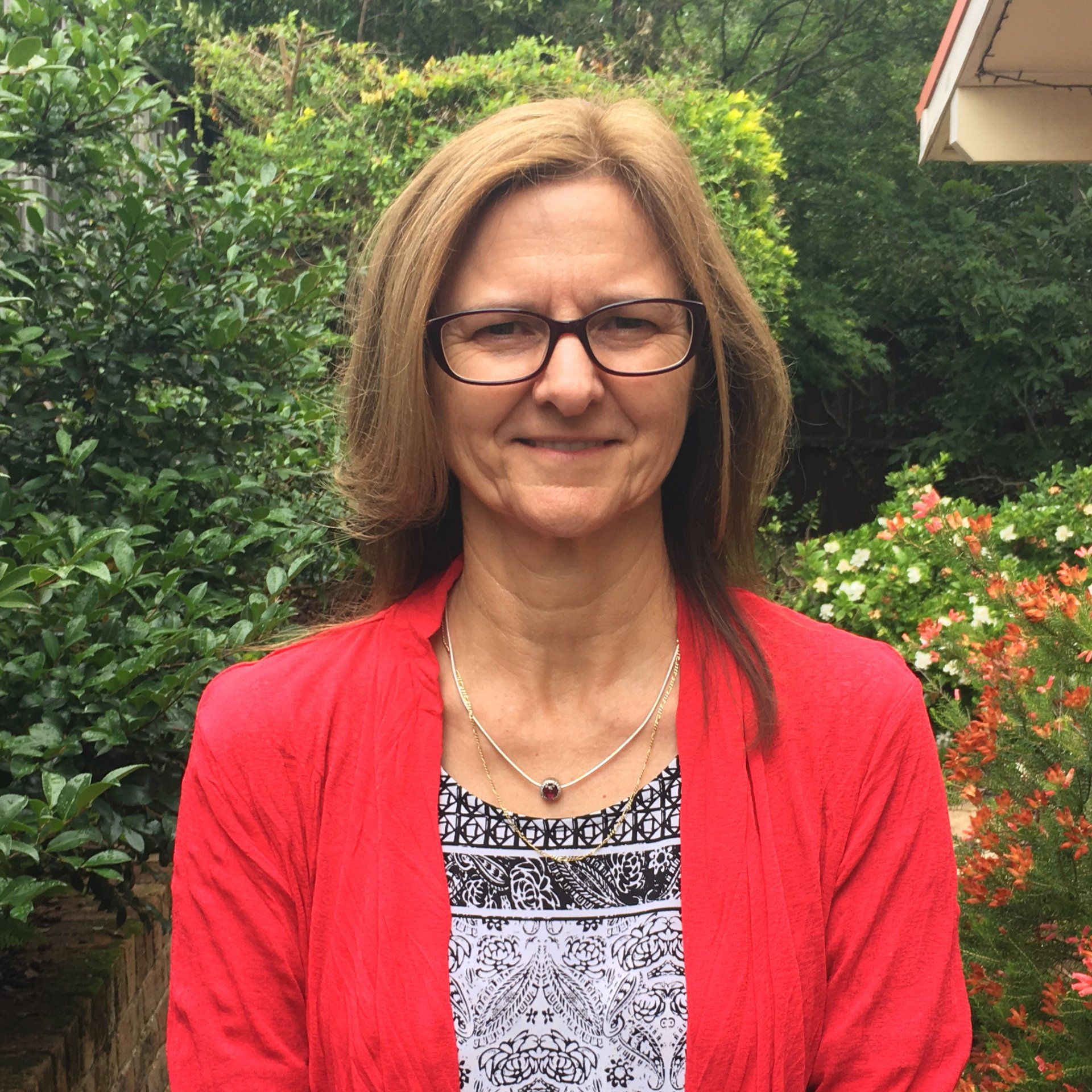
"Innovation requires up to date knowledge and education, and we see part of our role as helping food scientists and grow and learn, while connecting them with others in the industry, potentially allowing them to collaborate.
Our members are individuals working in a broad spectrum of disciplines across the food industry. We need to educate them on the trends that will define the next 10-20 years: such as alternative proteins and reducing food waste to build a sustainable future.
The challenge is that people are time poor, so we are rethinking how we can deliver the information and education our members need by delivering it to them in different ways."
Fiona Fleming
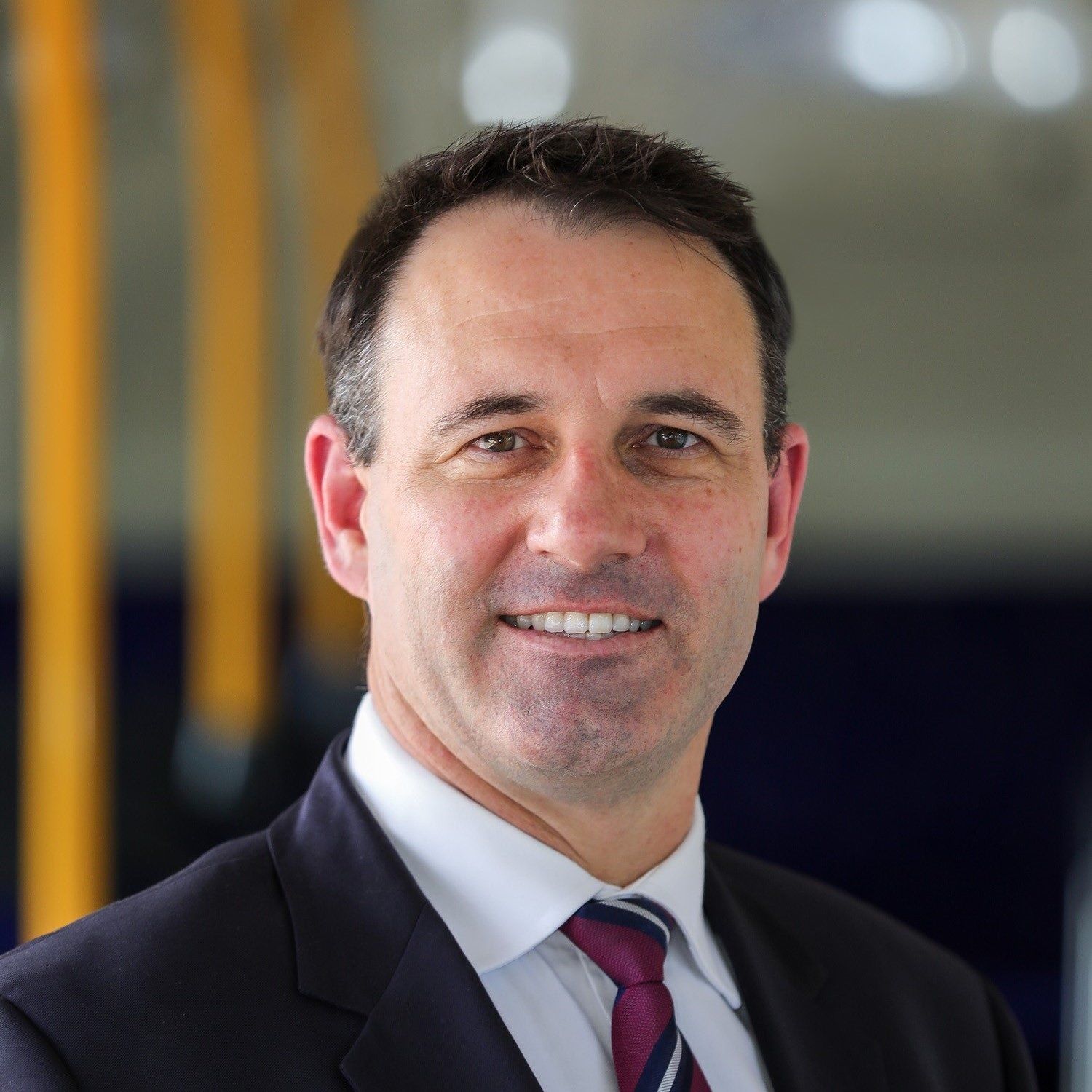
"South Australian businesses have demonstrated absolute resilience, collaboration and determination during bushfires and a pandemic, and we will continue to showcase our achievements to the world, with global operations headquartered from Adelaide."
Clint Feuerherdt
Group CEO, SeaLink Travel Group
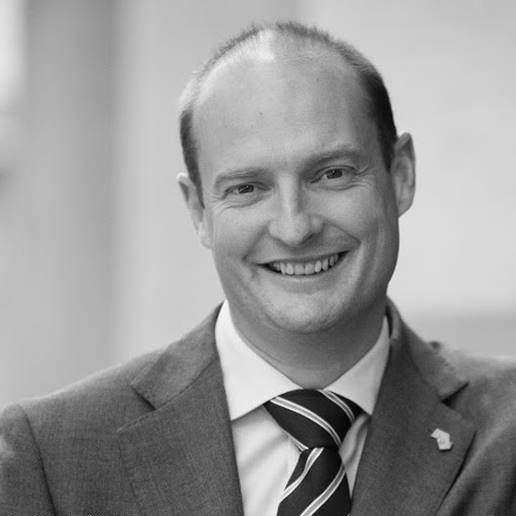
“From the billions of dollars Australia spends every year on research, much of the economic potential is missed. It is critical that we find a way to create businesses directly from research rather than relying on licence deals and interactions with existing business. It’s also critical to find a way to commercialise research from researchers who don’t want to run a business themselves.”
Tom Kenyon
General Manager, Innovyz Institute
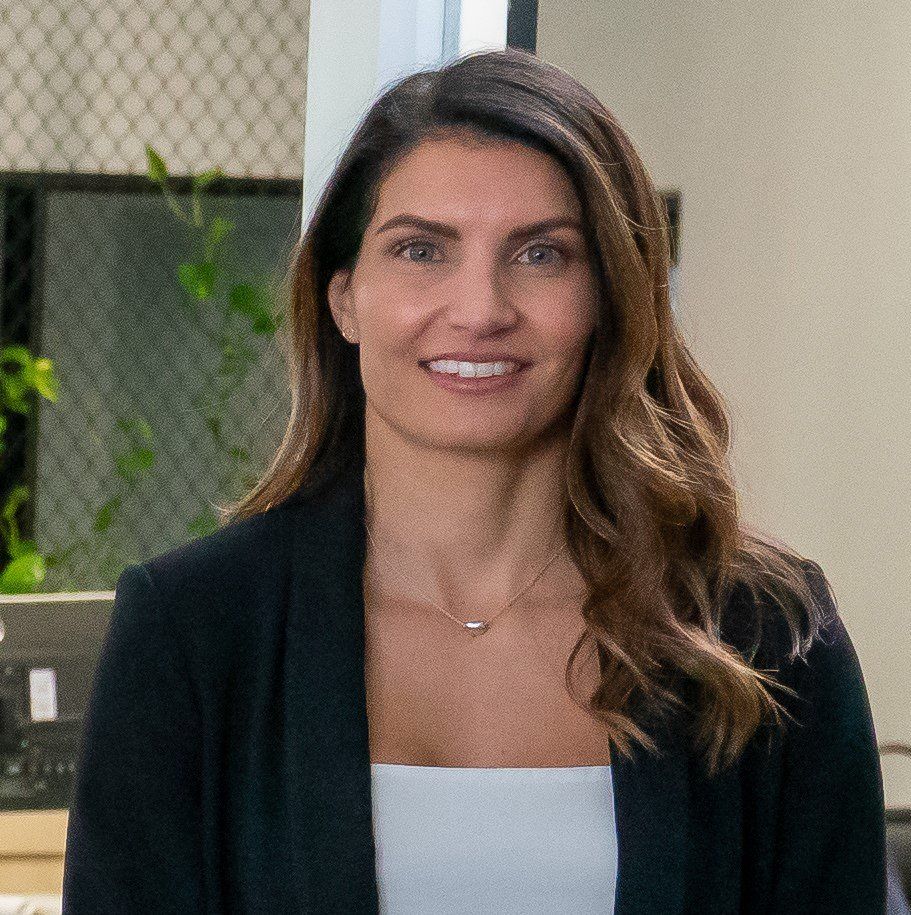
“Australia’s automotive landscape has changed from a manufacturing and export hub into an engineering and design powerhouse. This shift has created a new industry of highly skilled designers, engineers and technicians. Innovation and human centred design are at the core of our work as we seek deliver vehicles that meet the needs of people in different countries. Our skills are laser-focused on finding solutions for the future mobility and vehicle needs of consumers. Australia has a bright future as a global hub of automotive engineering and design.”
Cleo Paradisis
Engineering Innovation Manager, Ford Australia
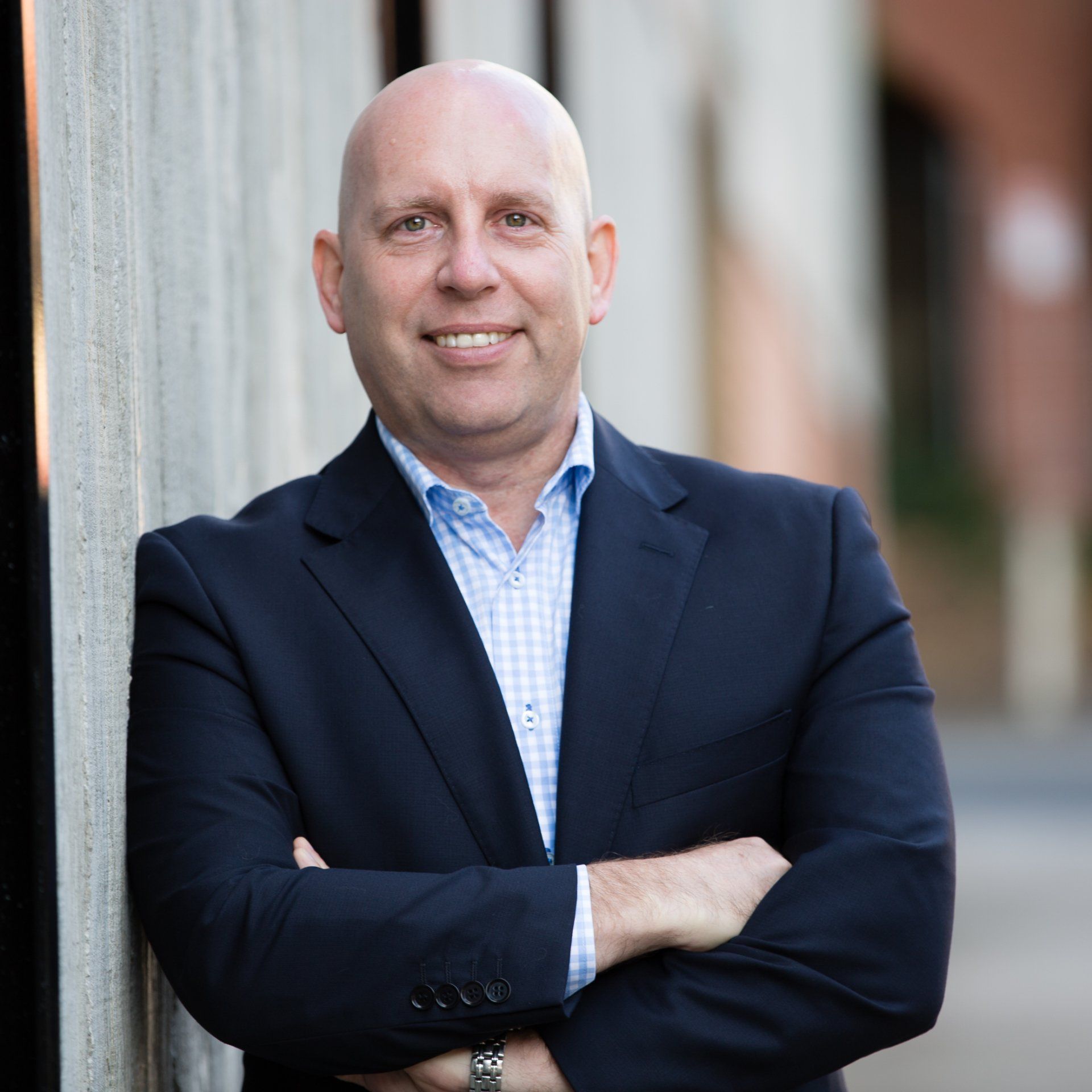
“Innovative Manufacturing CRC (IMCRC) is an enabler for companies willing to seize the abundant opportunities of Manufacturing 4.0. It’s clear we are a very inventive nation – but we want to engender innovation, which in our definition means to sell products and services and bridge the gap between invention and positive cash flow.
The idea that Australian manufacturing suffers inevitable decline is entirely misplaced and misguided. With the application of new technology and business models, it can be argued that there has never been more opportunity.
One of our roles is to stretch the thinking of our partners. We want to find companies flexible enough to adapt to new technology and push their business models.
When people ask me when Manufacturing 5.0 will arrive, I say never, because things are moving exponentially from here on out. That’s an accurate assessment of the current reality. Think, we have around 7-8 billion people in the world, and within a few short years we are forecast to have more than 200 billion connected devices and machines. What are the ramifications and opportunities of that fact?"
David Chuter
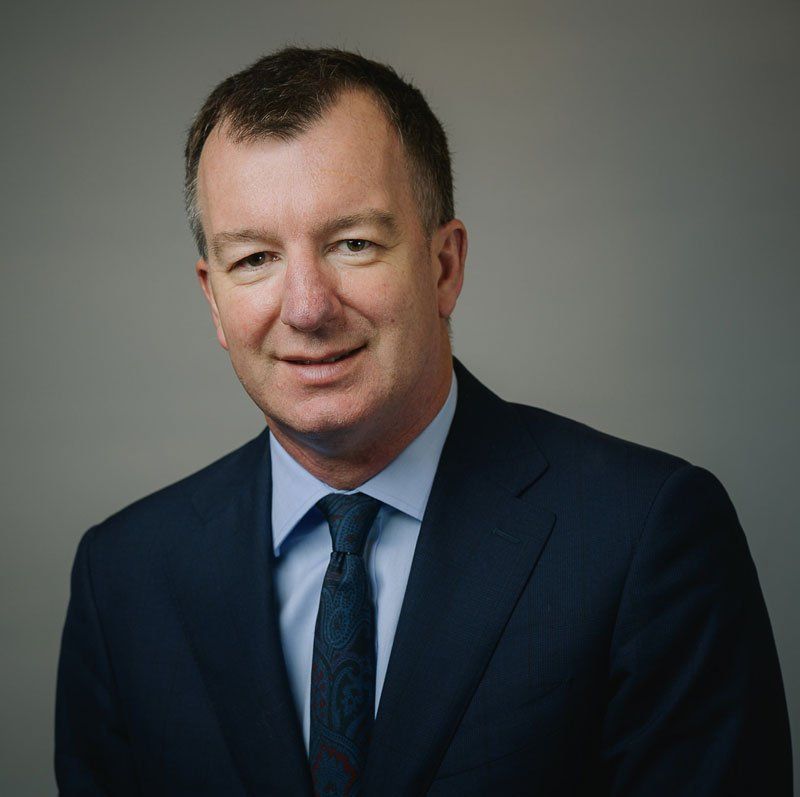
"We lag behind a number of countries in terms of the utilisation of home-based and ambulatory care delivery models – the US, France, UK, Sweden. It is a combination of an outdated view of the pre-eminent role of hospitals in the healthcare system, combined with a hospital-centric and activity-based funding model and resistance from many provider groups.
The opportunity for positive change is enormous: for patient convenience and comfort, greater efficiency and lower costs, through remote or at home medicine.
Australia’s health system was ranked number one in the world by the Commonwealth Fund in 2017. We have world class doctors and hospitals, but we need to embrace the shift away from large overnight hospitals being the centre of the healthcare universe to care in the home and community. This is better, safer and more cost effective for many patients."
Dr. Andrew Wilson
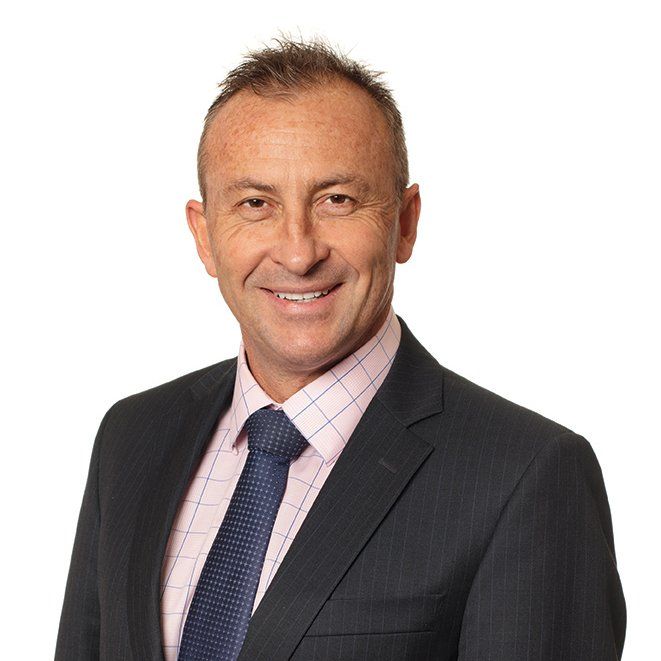
“There is a special sort of creativity in managing charitable trusts. Yes, it does require innovation—if we use that word to describe adapting to peoples’ needs with solutions.
Each person or family intent on philanthropy has particular aims and objectives, sometimes clearer than others. There is a journey of guidance which culminates in clarity of objectives.
And there is another cornerstone of innovation involved too—facilitating collaboration for greater impact. This is an on-going and especially satisfying aspect of what we do."
Mick O’Brien

"The automotive and energy industries are going through a once in several generations transition: from polluting internal combustion engines to low emission vehicles capable of being powered by 100% renewable electricity. The challenge for us all is this: how do we make the next generation of entrepreneurs recognise the same thing? How do we make “energy” more exciting than ‘food delivery startup’? By first providing evidence that we, as a country, believe it."
Tim Washington
Chief Executive Officer of JET Charge and Chair of EV Council
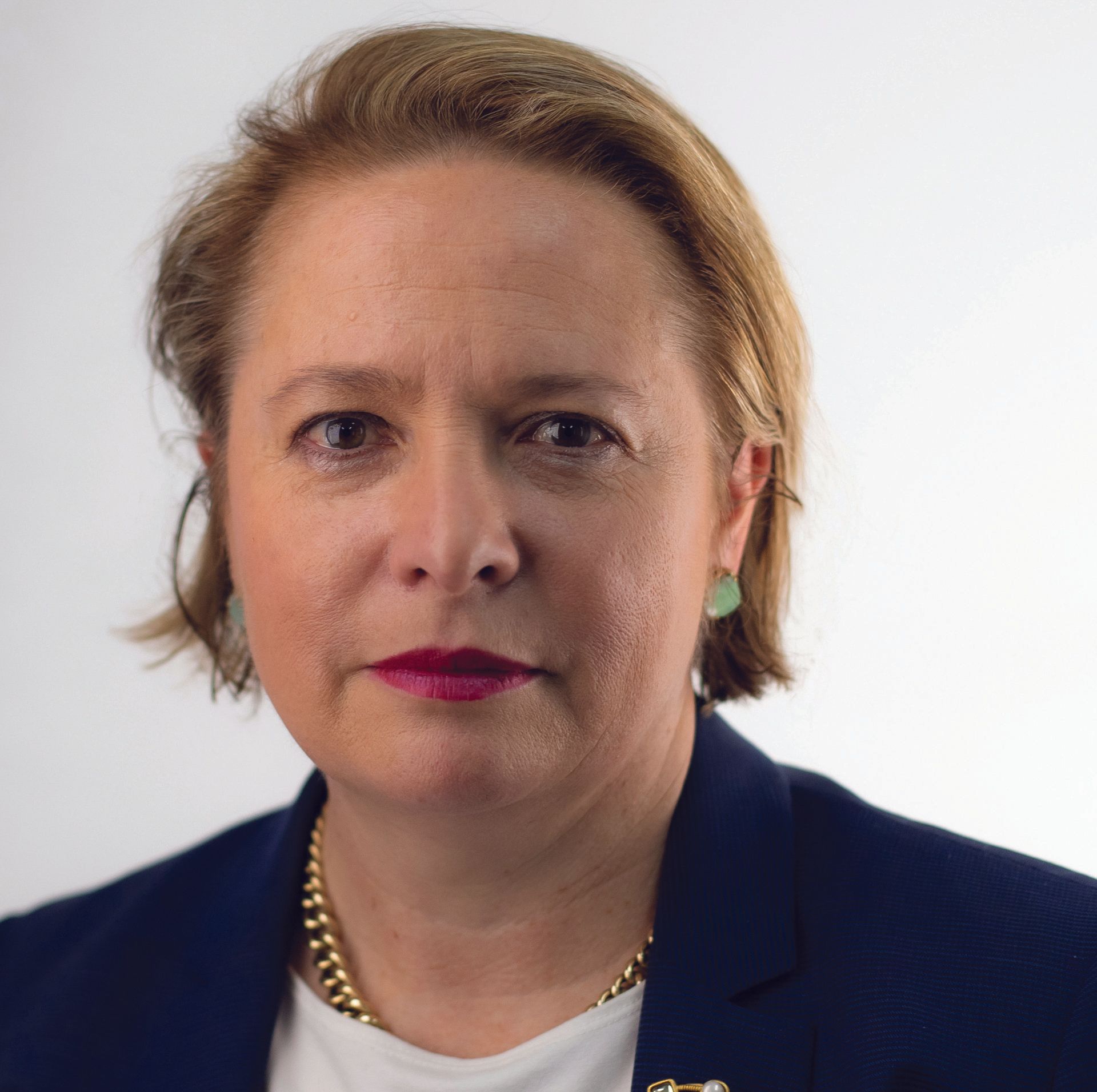
"Advanced manufacturing and the integration of new technologies such as big data and AI are key industries to watch in the rapidly evolving transport landscape as 5G becomes ubiquitous. Data is the driver, particularly so in and post the COVID-19 environment. While advances are taking our industry forward we could see certain ‘back to the future’ scenarios contemplated and instigated at a faster rate, such as unwinding certain aspects of globalisation and a spike in local manufacturing in this and other sectors. The rail and transport sector is well placed for such an evolving market and dynamic, and our people and business in Australia are at the vanguard of local production."
Wendy McMillan
President and MD of Bombardier Transportation A-NZ
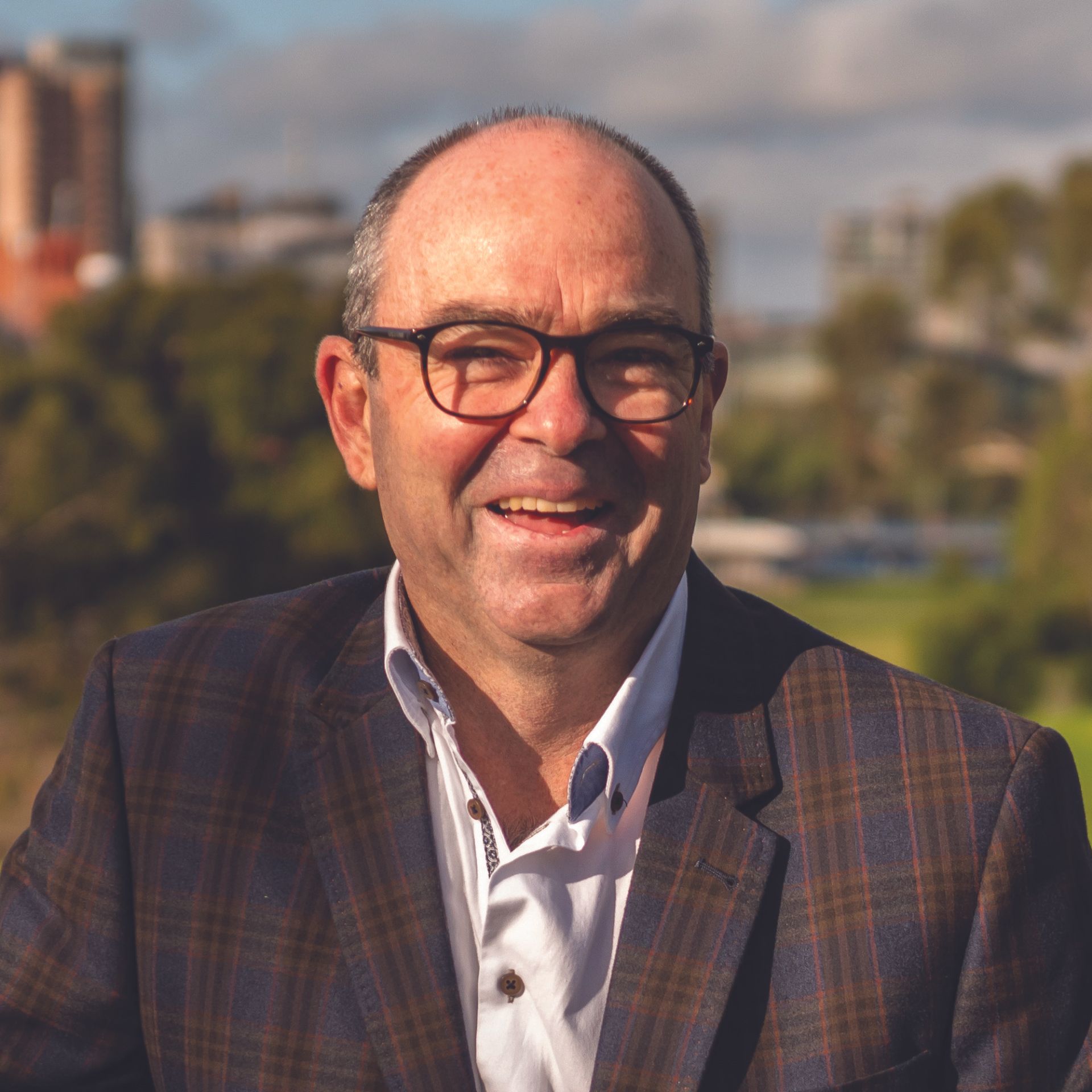
“The primary 'handbrake' affecting the future of my domestic business is Australia's market size. Down from 15 just a few years ago, there are now only four sheet metal manufacturers in Adelaide – which is a worrying trend. Fewer 'ripe' customers, not helped by increasing competition from overseas, is a real threat to this local industry that's of perennial importance to Australia's economy and social fabric – past, present and future.”
Cameron Johnston
Managing Director at Spark Furniture, Rowlands Metalworks and Pecan Lighting

